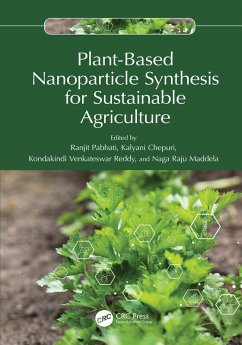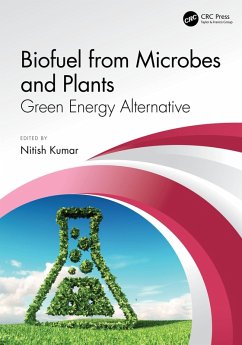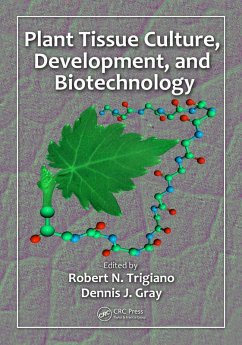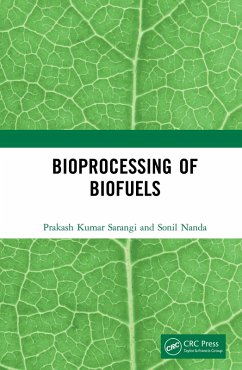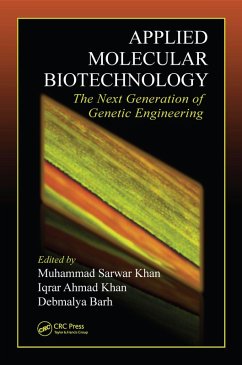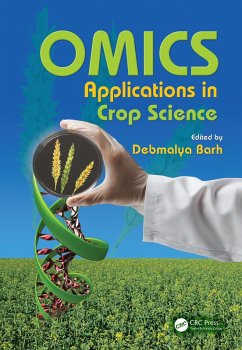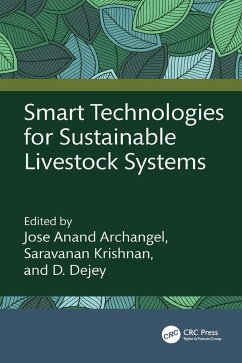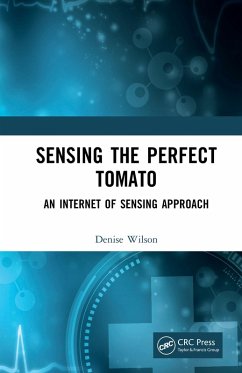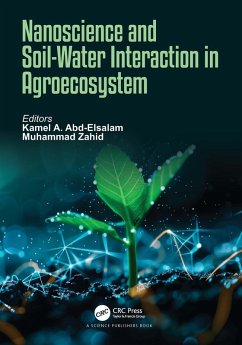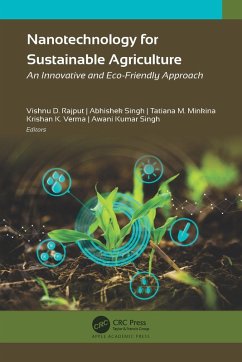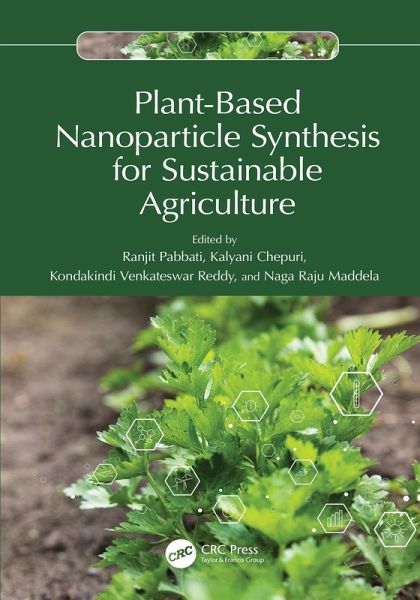
Plant-Based Nanoparticle Synthesis for Sustainable Agriculture (eBook, PDF)
Versandkostenfrei!
Sofort per Download lieferbar
49,95 €
inkl. MwSt.
Weitere Ausgaben:

PAYBACK Punkte
25 °P sammeln!
The use of nanotechnology in agriculture has created many concerns related to toxicity and environmental implications. Green synthesis techniques for producing nanomaterials utilizing plants, microorganisms, and other natural resources have been developed in response to the demand for green chemistry and nanotechnology. This book provides in-depth information on the plant-based synthesis of nanoparticles and how it promotes sustainable agriculture. It critically reviews nanomaterials synthesized from plants and their potential applications, including nanoscale insecticides, herbicides, fungici...
The use of nanotechnology in agriculture has created many concerns related to toxicity and environmental implications. Green synthesis techniques for producing nanomaterials utilizing plants, microorganisms, and other natural resources have been developed in response to the demand for green chemistry and nanotechnology. This book provides in-depth information on the plant-based synthesis of nanoparticles and how it promotes sustainable agriculture. It critically reviews nanomaterials synthesized from plants and their potential applications, including nanoscale insecticides, herbicides, fungicides, fertilizers, and sensors, which can help to study and manage plant health and soil fertility.
The features of this volume include:
This is an excellent reference for researchers, academics, students, and professionals in nanotechnology, biochemistry, biomedical sciences, biotechnology, environmental engineering, agricultural sciences, and plant sciences.
The features of this volume include:
- A comprehensive resource on plant-based nanoparticle synthesis and its usage in gene transformation;
- Strategies and limitations of plants that are genetically engineered using nanotechnology;
- Explanation of the design and use of nanofertilizers and nonopesticides for environmental sustainability;
- Discussions around the toxicity levels of nanoparticles in plants;
- Aids for professionals and scholars to learn advanced techniques to monitor soil and plant systems using nanotechnology.
This is an excellent reference for researchers, academics, students, and professionals in nanotechnology, biochemistry, biomedical sciences, biotechnology, environmental engineering, agricultural sciences, and plant sciences.
Dieser Download kann aus rechtlichen Gründen nur mit Rechnungsadresse in A, B, BG, CY, CZ, D, DK, EW, E, FIN, F, GR, HR, H, IRL, I, LT, L, LR, M, NL, PL, P, R, S, SLO, SK ausgeliefert werden.




